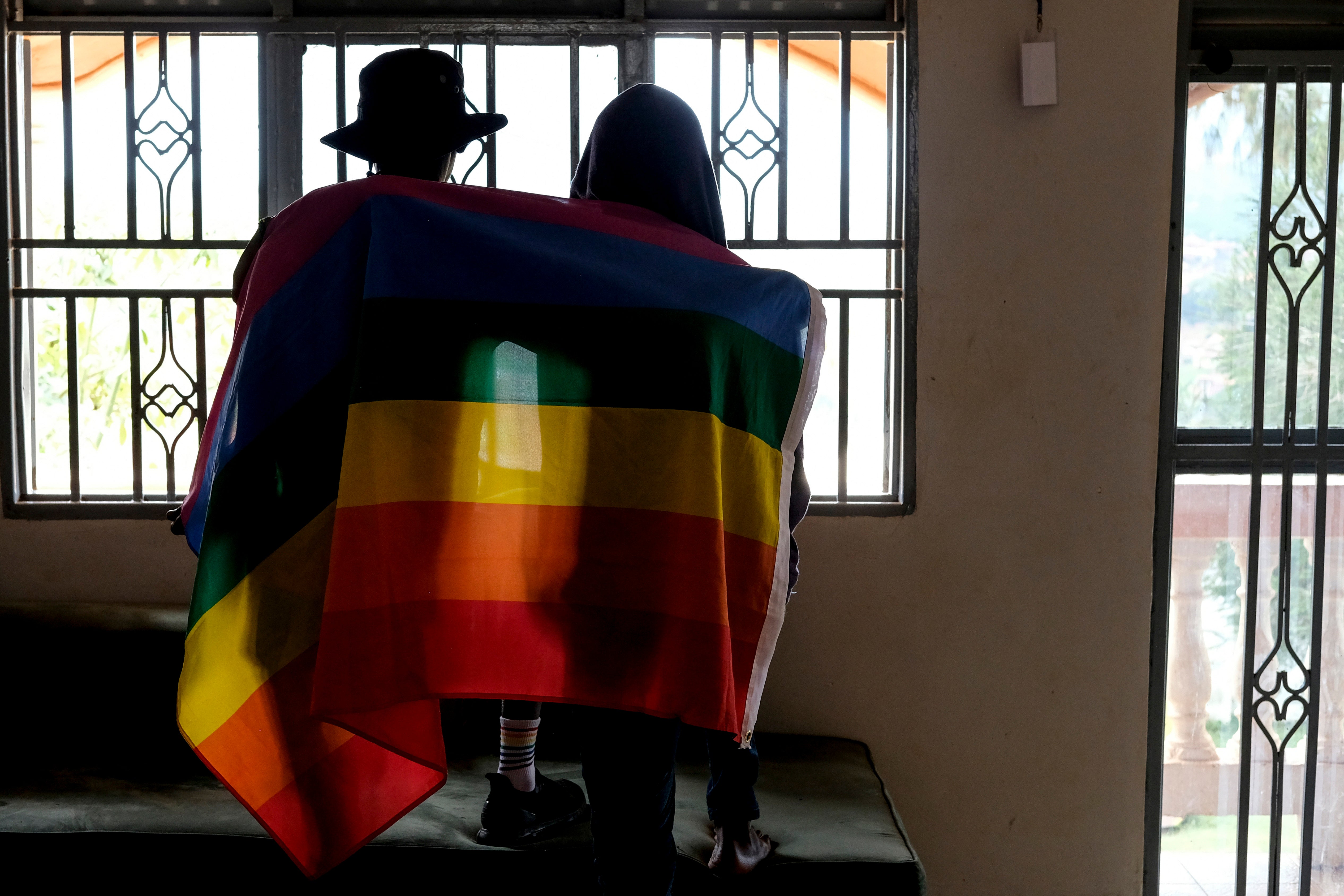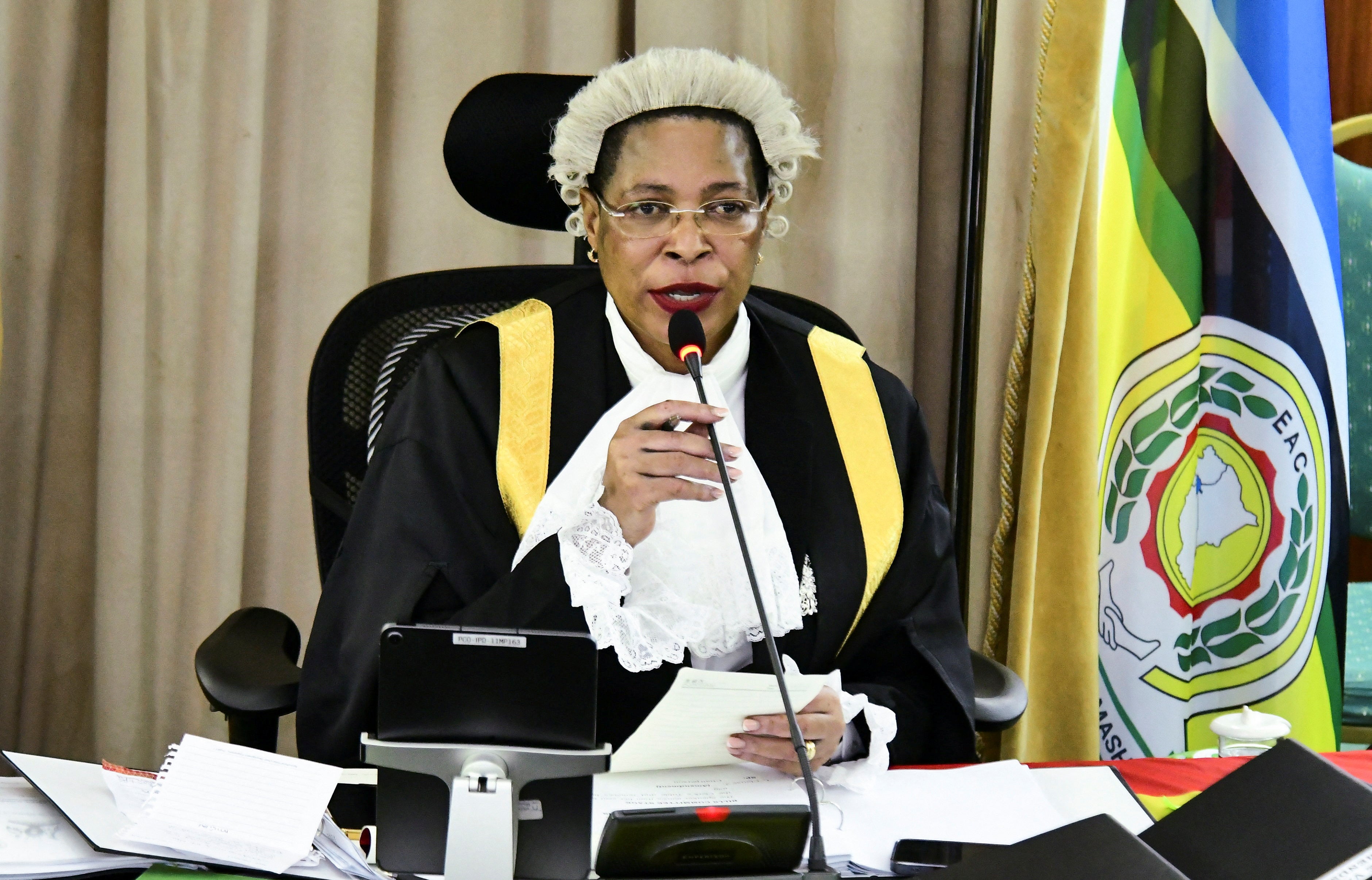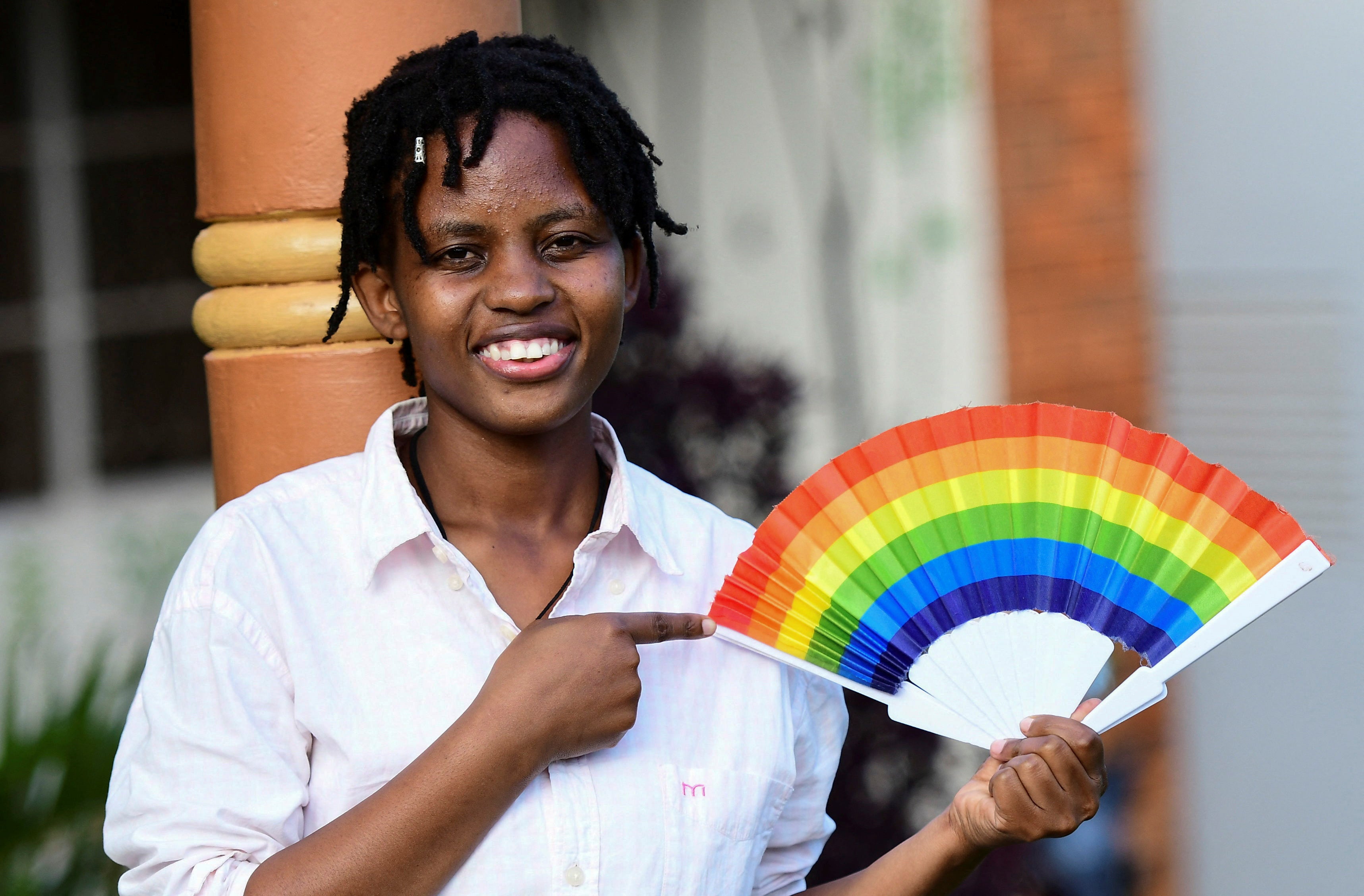Outrage as Uganda parliament passes bill punishing ‘aggravated homosexuality’ with death
New law retains many of its harshest anti-LGBT+ elements despite four rounds of amendments

Uganda’s parliament has passed one of the world’s strictest anti-LGBT+ laws, sparking outrage from activists and NGOs.
The anti-gay bill is virtually unchanged from a draft first approved by parliament in March that includes the death penalty in cases of so-called “aggravated homosexuality” – a term the government uses to describe actions including having gay sex when HIV-positive.
Although a clause criminalising anyone identifying as LGBT+ was removed, the law still carries a 20-year sentence for promoting homosexuality, which activists say could criminalise any rights campaigns.
Under the new law, a person can be sentenced to up to seven years in jail for “knowingly [allowing] their premises to be used for acts of homosexuality”.
Homosexuality is already illegal in the east African country under a colonial-era law criminalising sex acts “against the order of nature”. The punishment for that offence is life imprisonment.
LGBT+ individuals routinely face arrest and harassment by law enforcement, and the initial passage of the bill in March unleashed a wave of arrests, evictions and mob attacks, members of the community say.

Supporters of the new laws say broad legislation is needed to counter what they allege, without evidence, are efforts by LGBT+ Ugandans to recruit children into homosexuality.
On Tuesday, 371 MPs voted for the amended bill, which now goes to the president Yoweri Museveni for his assent.
Mr Museveni, a vocal opponent of LGBT+ rights, has 30 days to sign the legislation into law, return it to parliament for amendment or veto the bill.
The US has warned of economic consequences if the legislation is enacted, and a group of UN experts described the bill previously passed by lawmakers as “an egregious violation of human rights”.
Mr Museveni has previously signalled that he intended to sign the legislation once certain changes were made, including the addition of measures to "rehabilitate" gay people.
It was not immediately clear if the new bill satisfied his requests, and his office was not available for comment.
The legislation was amended to stipulate that merely identifying as LGBT+ is not a crime. It also revised a measure forcing citizens to report homosexual activity, so that reporting is only required when a child is involved. A person can be jailed for five years or handed a fine of 10 million Ugandan shillings (£2,150) if they fail to do so.

Human rights activist Adrian Jjuuko dismissed the amendment regarding LGBT+ identification as “useless”.
"In practice, the police don’t care about whether you’ve committed the act or not. They will arrest you for acting gay, walking gay," he said.
After a voice vote on Tuesday that followed less than 30 minutes of debate, parliament speaker Anita Among urged lawmakers to remain defiant in the face of international criticism.
“Let’s protect Ugandans, let’s protect our values, our virtues,” Ms Among said. “The Western world will not come and rule Uganda.”
Western governments suspended aid, imposed visa restrictions and curtailed security cooperation in response to another anti-LGBT+ law Museveni signed in 2014. That law was nullified within months by a domestic court on procedural grounds.
The US government said last week that it was assessing the implications of the looming law for activities in Uganda under its flagship HIV/Aids programme.
Amnesty International’s deputy regional director Flavia Mwangovya issued a statement urging the Ugandan president to “veto this law and take steps to protect the human rights of all individuals, regardless of their sexual orientation or gender identity”.
“Amnesty International also calls on the international community to urgently put pressure on the Ugandan government to protect the rights of LGBTI individuals in the country,” she said.
Additional reporting by agencies
Join our commenting forum
Join thought-provoking conversations, follow other Independent readers and see their replies
Comments




Bookmark popover
Removed from bookmarks